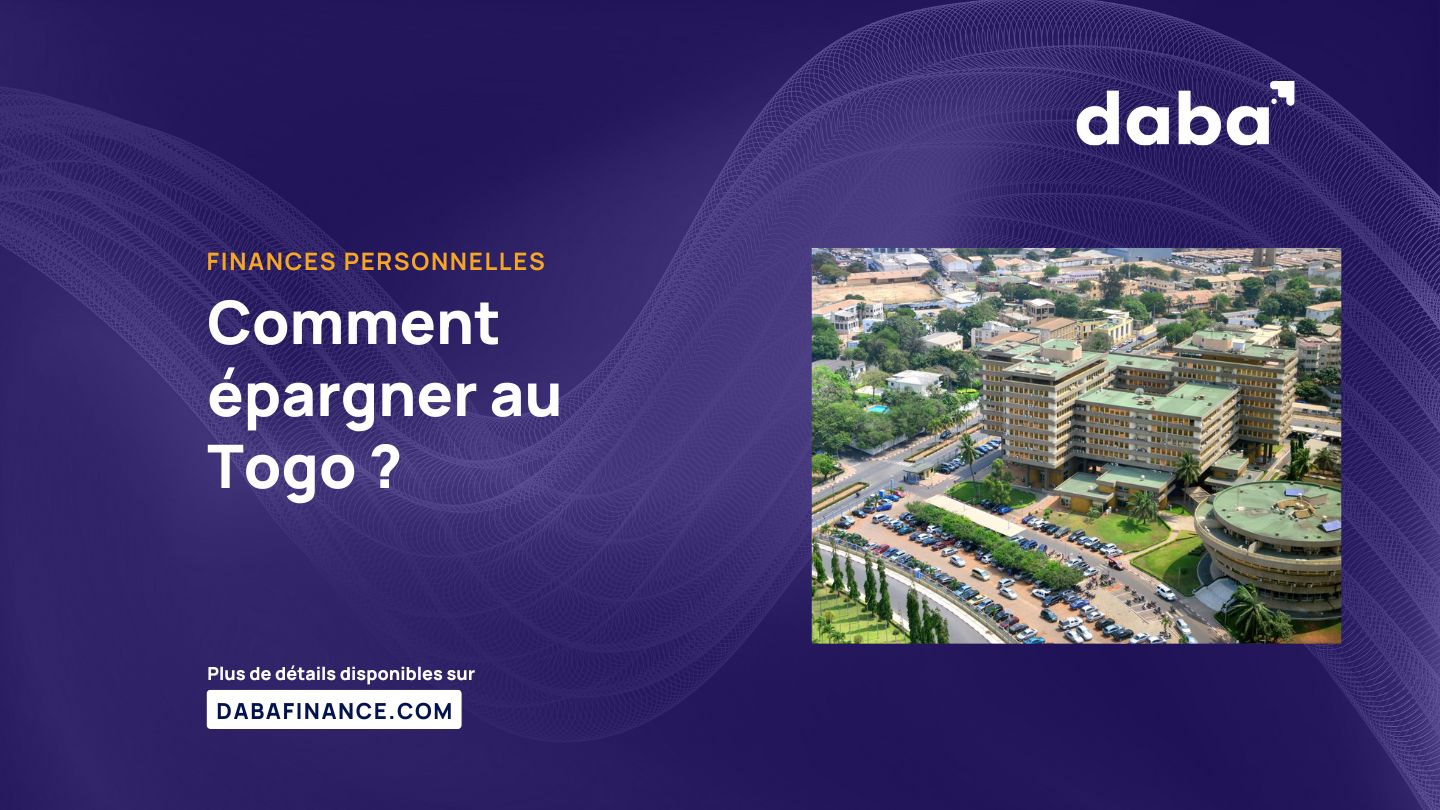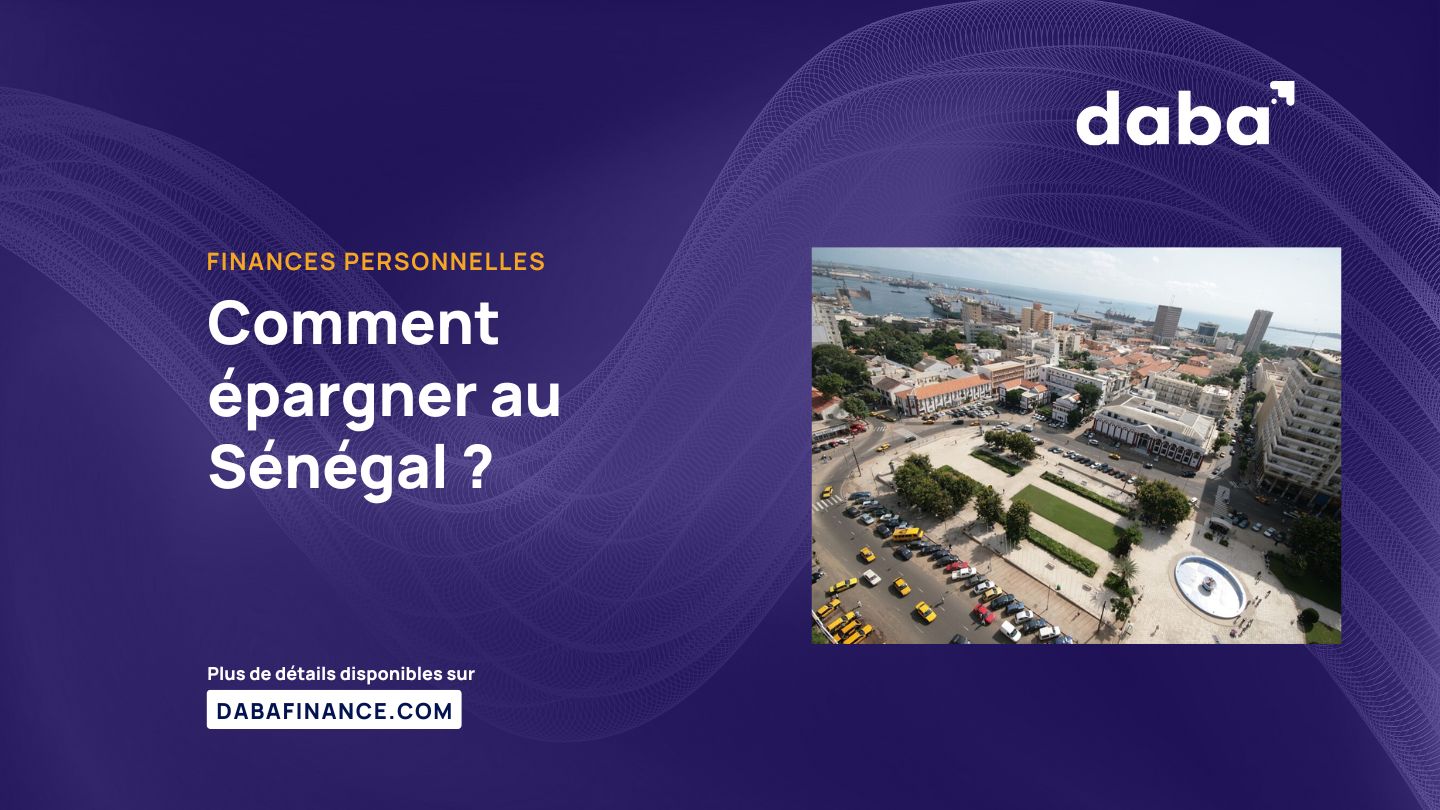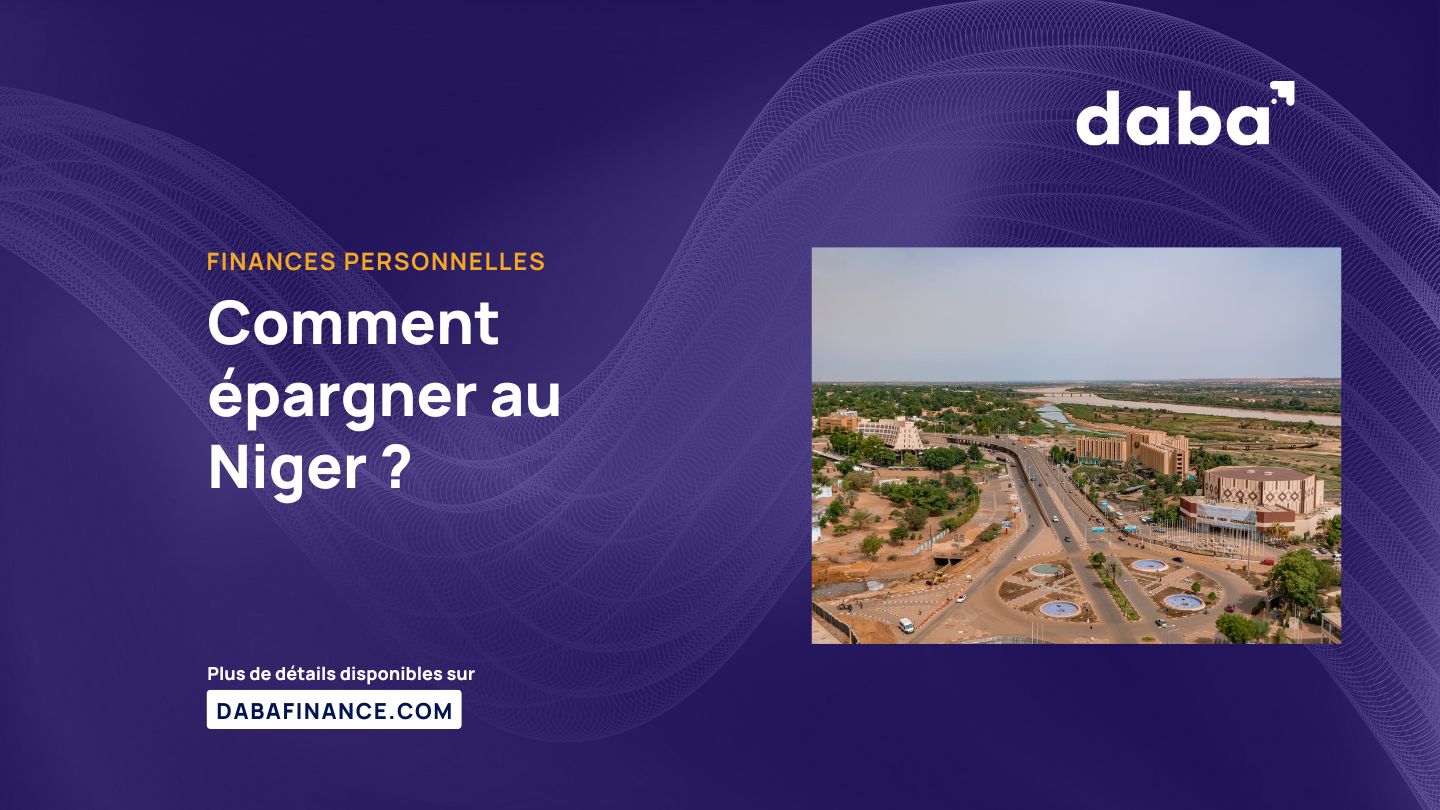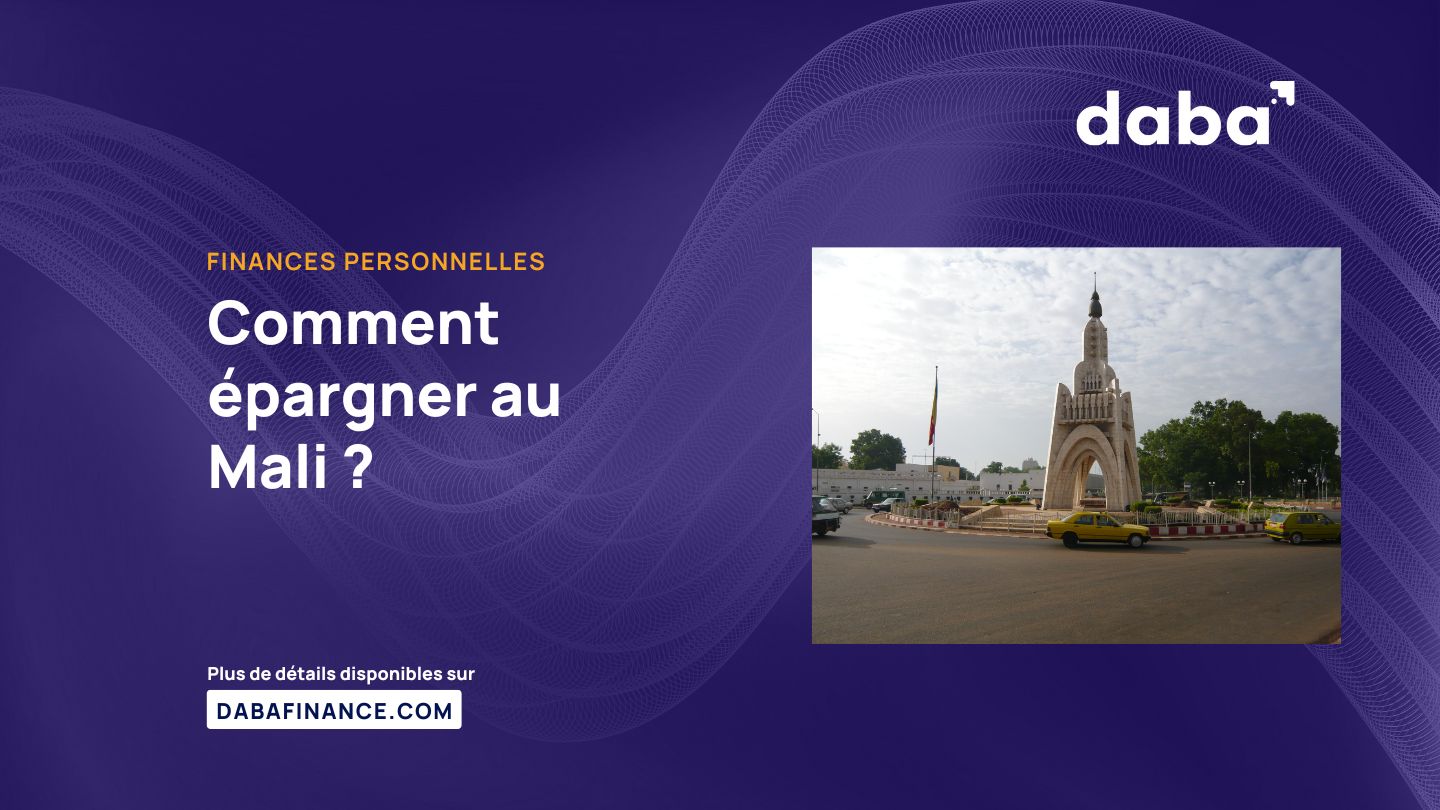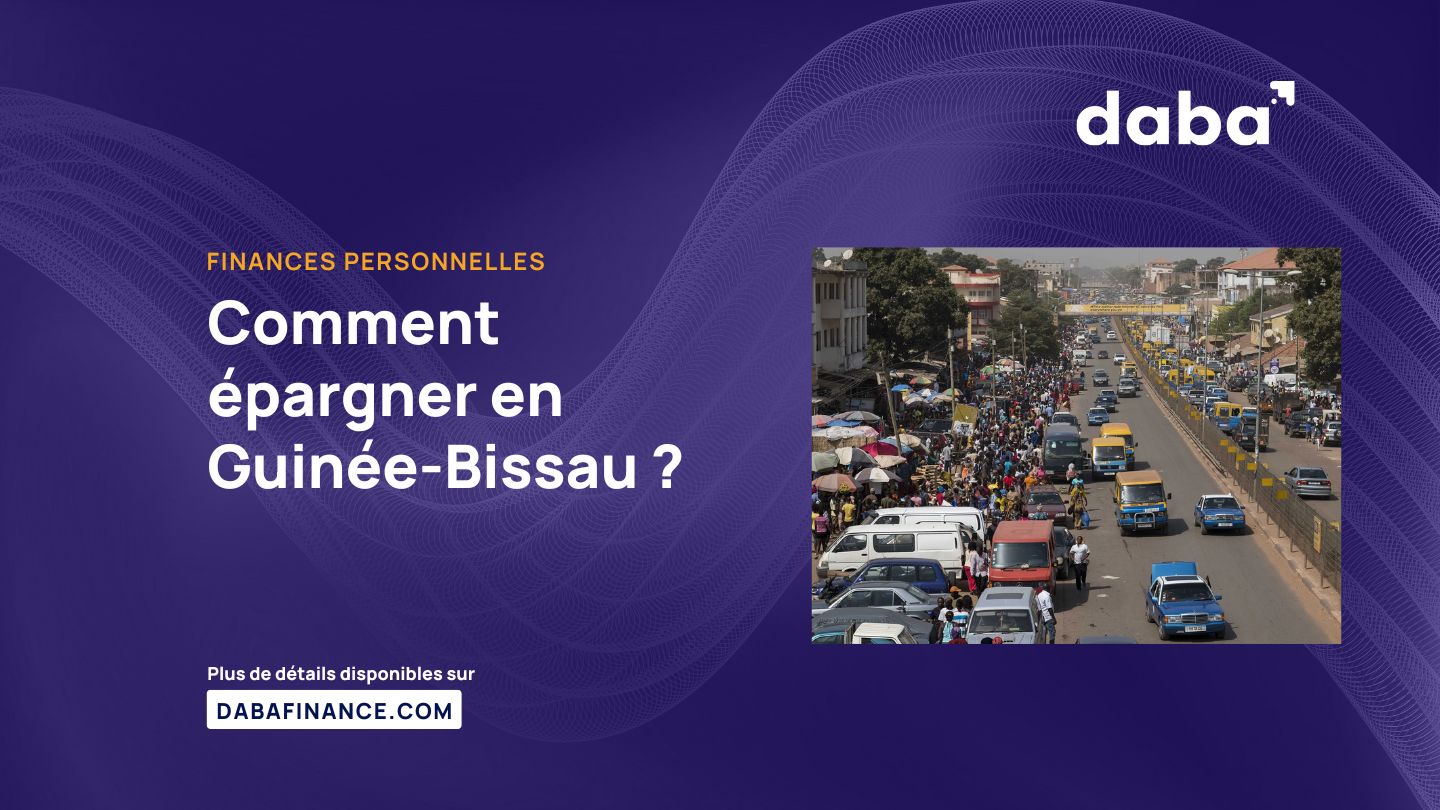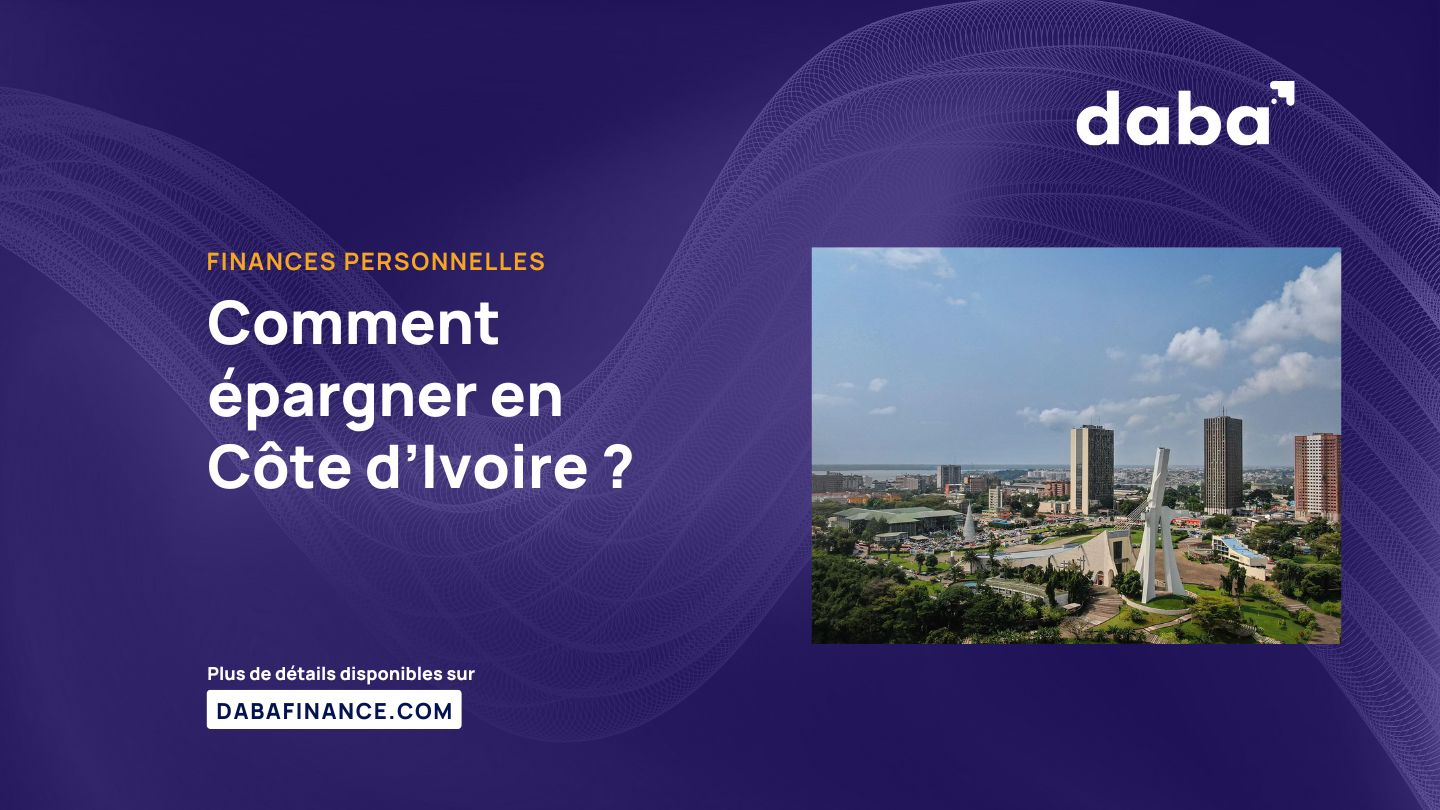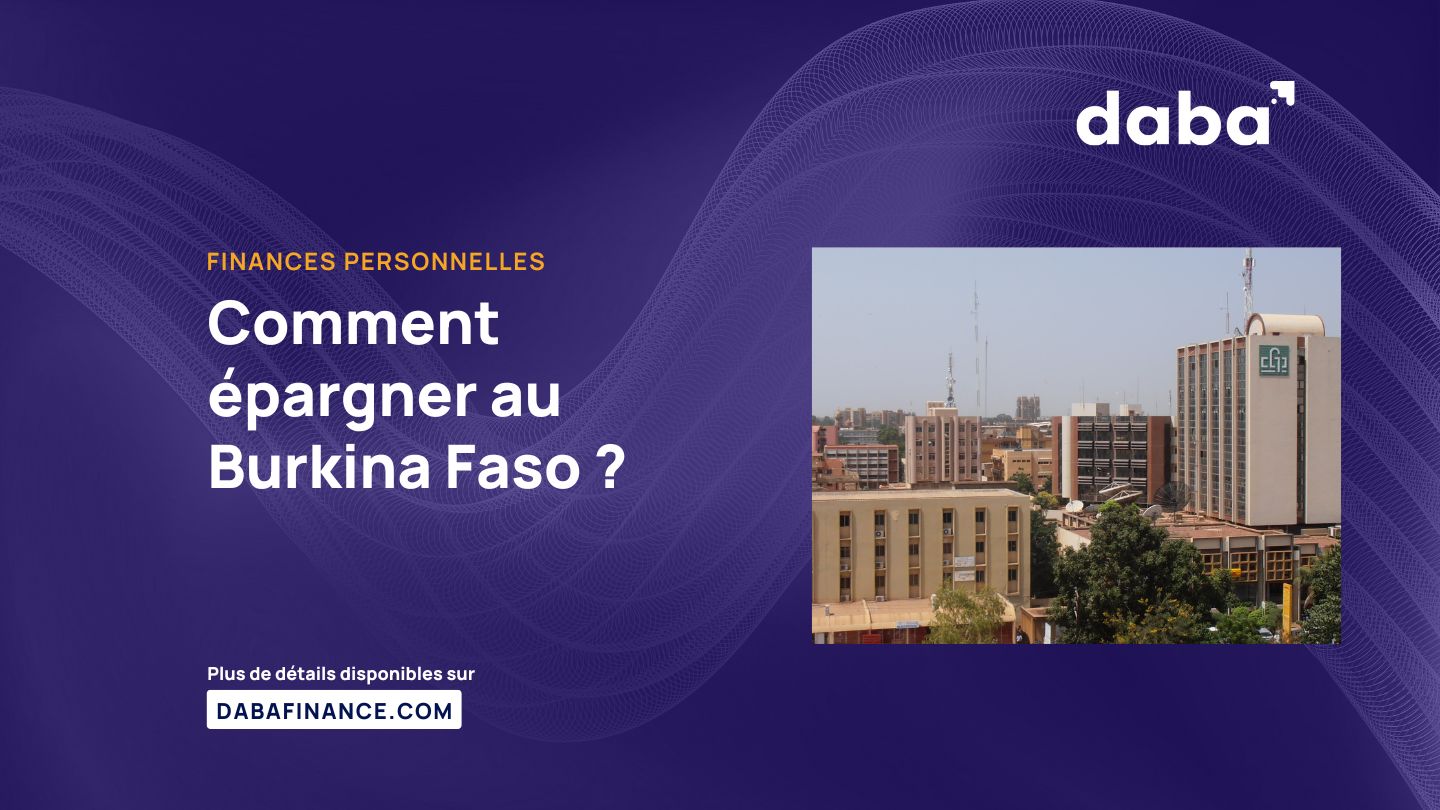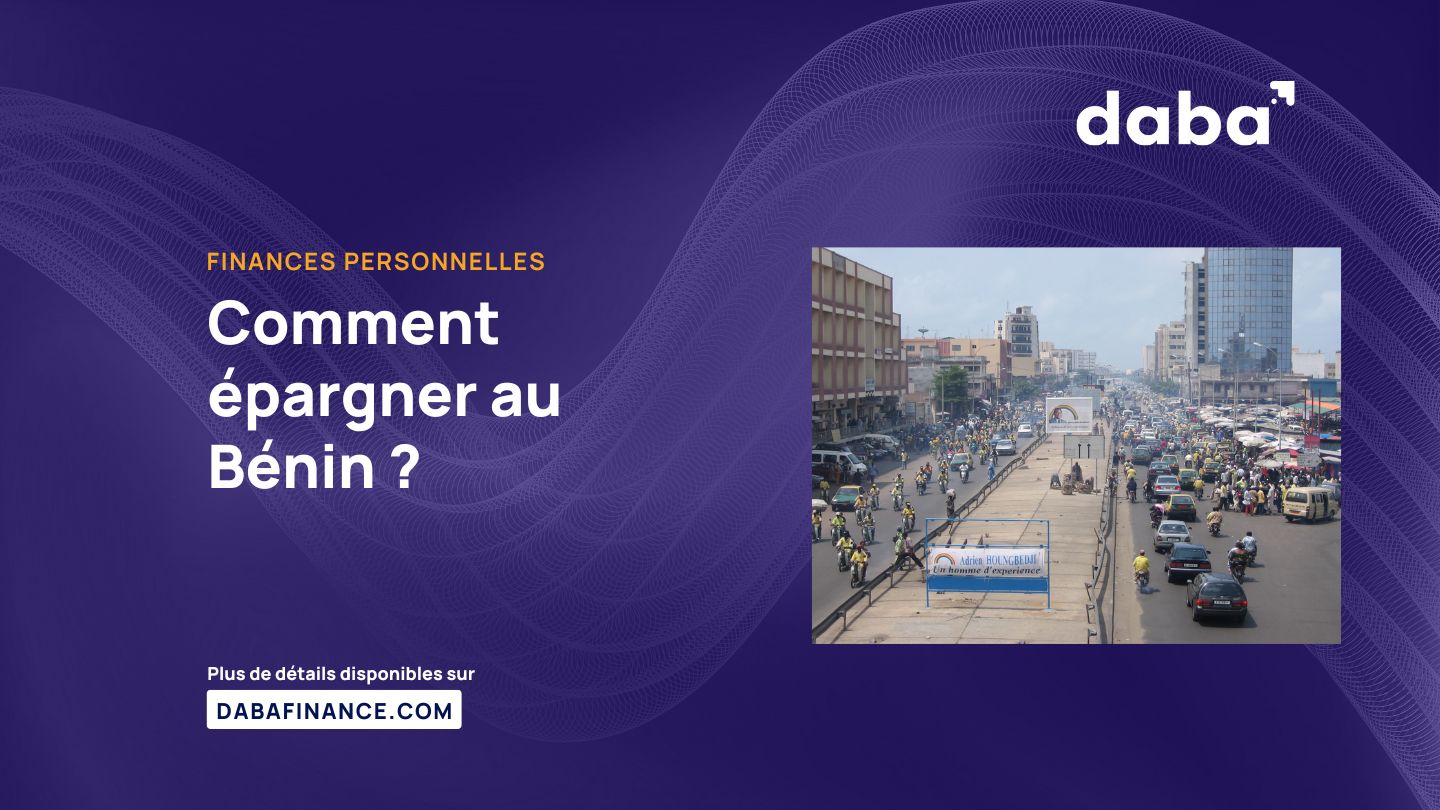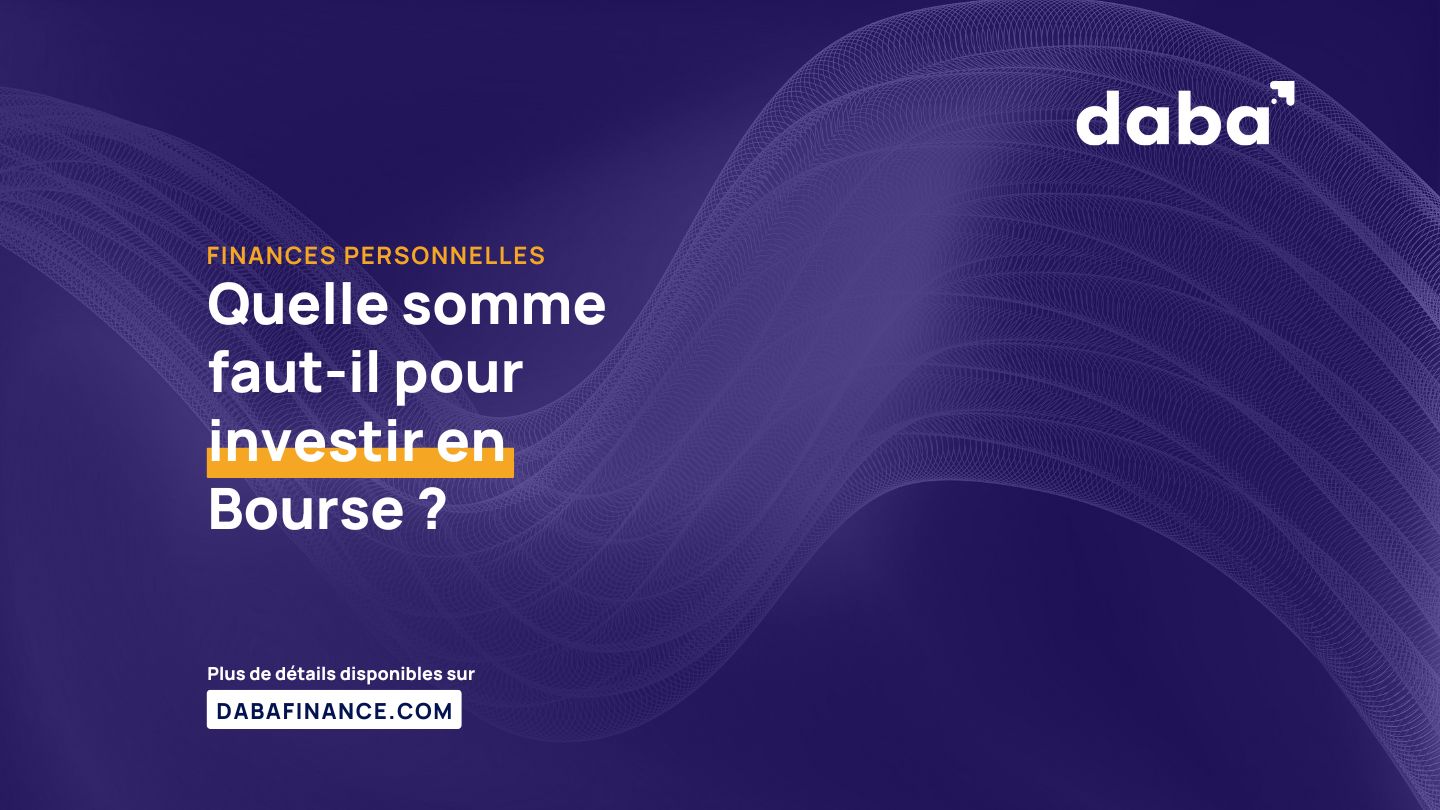Épargner est une étape essentielle pour bâtir un avenir financier solide. Que ce soit pour se constituer un fonds d’urgence, préparer un projet personnel, ou planifier sa retraite, il existe aujourd’hui plusieurs façons de faire fructifier son argent au Cameroun. Mais toutes les options ne se valent pas.
Entre compte d’épargne traditionnel et solutions d’investissement modernes comme celles proposées par Daba, comment choisir la meilleure voie ? La réponse dépend surtout… de votre profil d’investisseur.
Le compte d’épargne classique : la sécurité, mais à quel prix ?
La méthode la plus répandue au Cameroun reste l’épargne via un compte bancaire classique ou les produits d’épargne offerts par les microfinances.
Ces comptes offrent un niveau de sécurité élevé et une grande liquidité, ce qui les rend idéaux pour les situations d’urgence. Cependant, ils présentent deux limites majeures :
- Un faible rendement, souvent inférieur à 3 % par an, parfois même en dessous du taux d’inflation.
- Une croissance très lente de votre patrimoine, surtout à long terme.
Autrement dit, si votre objectif est de sécuriser une petite réserve de cash, ces comptes peuvent suffire. Mais si vous cherchez à faire croître votre épargne de manière significative, il faudra aller plus loin.
L’investissement diversifié : une nouvelle manière d’épargner
Grâce à la technologie, il est désormais possible d’investir de manière sécurisée et diversifiée depuis le Cameroun, sans être expert en finance. Sur l’application Daba, vous pouvez accéder à un portefeuille d’investissements composé d’actions et d’obligations stables, avec des rendements souvent supérieurs à ceux proposés par les banques locales.
Par exemple, certaines obligations offrent un rendement annuel entre 5 et 8 %, tout en étant peu risquées. Vous pouvez également investir dans des actions de sociétés cotées sur la BRVM, l’une des places boursières les plus stables d’Afrique de l’Ouest.
Et pour ceux qui ne veulent pas choisir eux-mêmes, Daba propose des portefeuilles gérés automatiquement selon votre profil via Daba Pro. Vous déléguez la gestion, tout en gardant le contrôle.
Définissez votre profil d’investisseur
Avant d’épargner ou d’investir, il est essentiel de connaître votre profil d’investisseur. Êtes-vous prudent ? Modéré ? Dynamique ? Cela déterminera les types de placements les mieux adaptés à vos besoins et à votre tolérance au risque.
Daba met à votre disposition un test simple et rapide pour découvrir votre profil. Ce test vous permet ensuite d’accéder à des portefeuilles personnalisés, qu’il s’agisse de placements sécurisés ou d’investissements à plus fort potentiel.
👉 Faites le test ici sur l’application : https://www.daba.finance/app
Apprendre avant d’agir : la Daba Academy
Vous débutez dans l’investissement ? Vous n’avez jamais entendu parler d’obligations ou d’actions ? Pas de panique. La Daba Academy est une plateforme éducative en ligne qui vous accompagne pas à pas pour comprendre la finance, l’épargne et l’investissement en Afrique.
Des vidéos, des articles et des guides simples pour prendre en main votre avenir financier, à votre rythme, où que vous soyez au Cameroun.
Quelle que soit la méthode, Daba est là pour vous
- Vous préférez une épargne stable ? Daba propose des produits à faible risque avec rendement intéressant.
- Vous êtes curieux de tenter les actions ? Daba vous donne accès à des entreprises cotées fiables.
- Vous n’avez pas le temps ? Laissez-nous gérer avec Daba Pro.
- Vous voulez apprendre ? Découvrez la Daba Academy.
Peu importe votre profil, votre niveau ou votre pays — que vous soyez au Cameroun, en Côte d’Ivoire, au Sénégal ou ailleurs — Daba vous accompagne dans la gestion intelligente de votre patrimoine.
Téléchargez dès maintenant l’app Daba pour commencer à épargner autrement.

